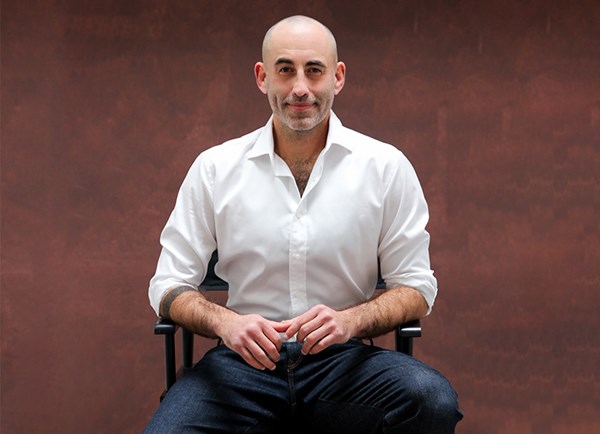
Our next guest on EMPower is Dan Dworkis, MD, PhD, FACEP. He is the Chief Medical Officer at the Mission Critical Team Institute, the founder of The Emergency Mind Project, a board-certified emergency medicine physician, and an assistant professor at the Keck School of Medicine at USC.
His work focuses on the optimal development of mission critical teams in and out of emergency departments. He completed the Harvard Affiliated Emergency Medicine Residency at Massachusetts General Hospital / Brigham Health, and also earned an MD and PhD in molecular medicine from Boston University School of Medicine. Dr. Dworkis is the author of The Emergency Mind: Wiring Your Brain for Performance Under Pressure.
First things first, why emergency medicine?
I think a lot of people have this memory of walking through the hospital and just feeling like this is where I'm supposed to be, like I'm home. I remember being on my trauma rotation, and I just kept wondering what was going on in the ED. I was lucky enough to be exposed to EM early on, and I loved the ethos that we are here for you, whether you are in septic shock or if you just need socks.
If you were restarting residency, what advice would you give yourself?
As a part of my role in the Mission Critical Team Institute, I point back to our S3 mission: success, survivability, and sustainability. When I trained, we didn't talk about what it really takes to be this person and to do this job. I would pay attention to this early and not just focus on the "what," but on all of the parts of this mission. I have spent a lot of time thinking about teams and how they perform under pressure. You are humanity's best response to crisis, and we have to prepare our trainees for that role.
What is the best career insight that you want to pass along?
When I look back at my goals when I was training, they're very different now, and that's OK. It's good to evolve. It's a more flexible and more variable specialty than it may feel. You can choose where you go with your career. It's much more open than it feels at the time that you are training.
What keeps you coming to work every day?
One of the first doctors I ever worked with doing shadowing was an oncologist, and she said to a patient, "Look, I'm gonna give you the best that we have figured out as a species. But I'm also going to give you the promise that if your grandkids ever get sick, we are going to do better for them than we could for you." Never wasting suffering. The idea that we help everyone but we also will do better for future patients because of the work we do today.
What is your best time management tip?
There is an analogy where you fill up a jar with rocks, and the rocks represent different things in your life that you dedicate your time to. Some things are big, important rocks, and some things are smaller rocks. Sometimes, we mislabel the big rocks and the little rocks. It is important to keep yourself sharp. You can have service without self-destruction if you focus on it.
What is the best on-shift snack?
Chomp bars, leftovers, overnight oats, and coffee
What is the most recent book you read?
Red Teaming, which is about a method of bringing in teams to dissect ideas and processes. It represents the art of designing a team to pick holes in your ideas and help you progress and develop better.
If you were a part of EMRA or have worked with EMRA, how has that been impactful for you in your career?
One of the things that happens as you go through residency is you have to go through a "changing what species you are" to become a different human being to become an ED doctor. That process is wonderful and challenging and hard. All of the people who train you have already done that transition, and it's hard to remember from this side what that transition is like. Having EMRA to support residents to go through that transition is so critical because it's something you have to do yourself ultimately. EMRA is that support and it's huge.
Do you have an idea for someone you want to hear and learn from on EMPower? Please let us know, at emresident@emra.org.



